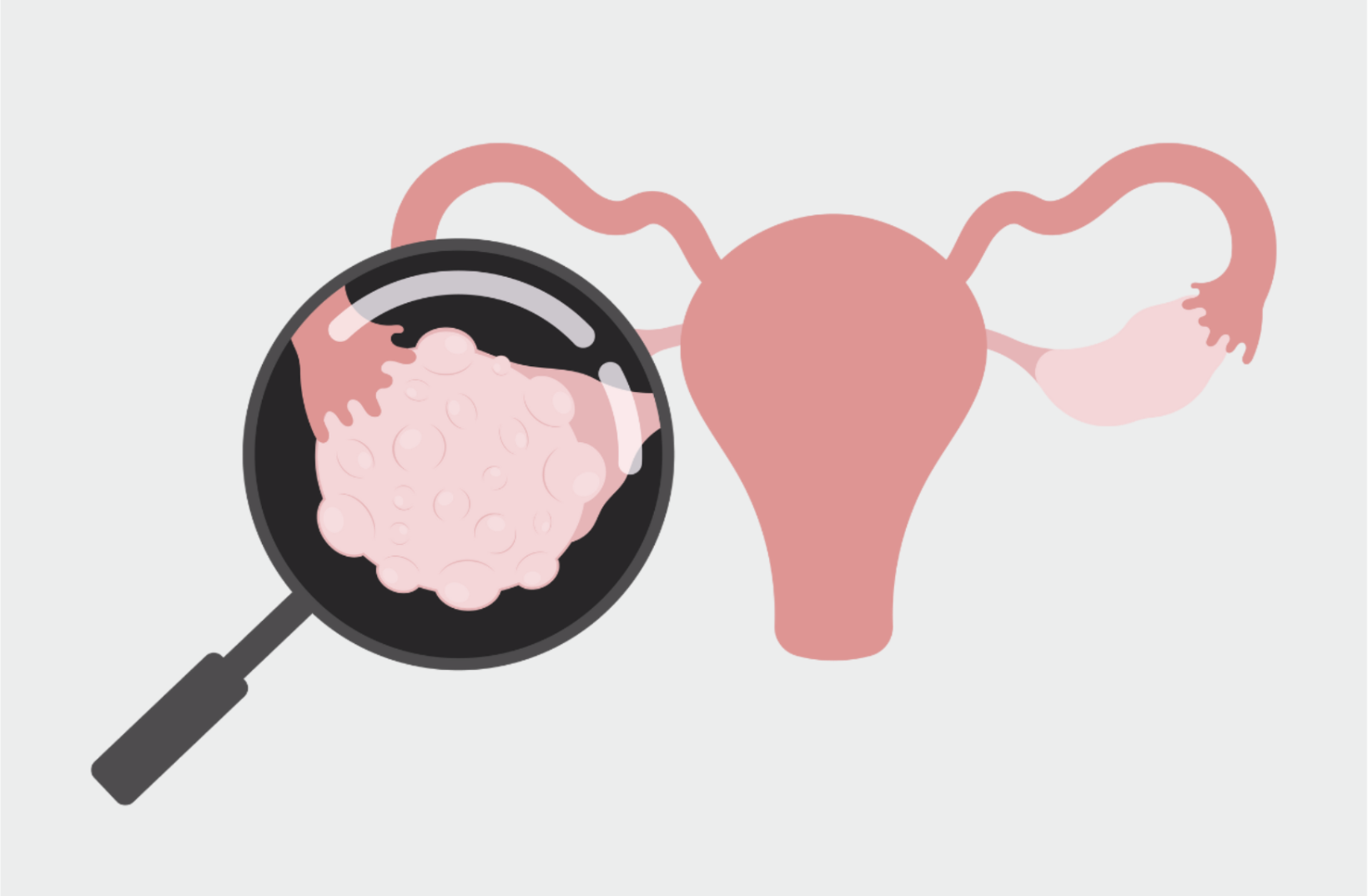.png)
.png)
Tubal ligation, commonly known as having one's "tubes tied," is a common form of contraception that involves blocking or severing the fallopian tubes, preventing eggs from reaching the uterus for fertilization. Some people choose to have their tubes tied, while unfortunately for others it is forced upon them.
While tubal ligation is considered a permanent form of birth control, advances in assisted reproductive technology (ART) have made it possible for those with tubal ligation to have biological children through the use of their own frozen eggs or through egg donation. Let’s dive in.
Egg freezing after tubal ligation
Tubal ligation is a permanent form of contraception, so women who have had their tubes tied cannot get pregnant naturally. However, they can still have biological children through in vitro fertilization (IVF) using their own frozen eggs.
The process of freezing eggs, also known as oocyte cryopreservation, is really just the first part of IVF that involves retrieving mature eggs from the ovaries, freezing them, and storing them until they are ready to be thawed, fertilized, and implanted into the uterus. Egg freezing does not require the fallopian tubes to be open, so it is possible to freeze your eggs even with tubal ligation.
Egg freezing does not require the fallopian tubes to be open, so it is possible to freeze your eggs even with tubal ligation.
Egg freezing does not guarantee a pregnancy down the road, however it appears as though the outcomes for women with previous tubal ligation are similar to other patients. The success of IVF depends on several factors, including the quality and quantity of eggs retrieved, the age and overall health of the woman at the time of the egg retrieval, and the quality of the sperm used for fertilization.
Does tubal ligation affect egg quality?
Tubal ligation involves blocking the fallopian tubes to prevent eggs from traveling from the ovaries to the uterus. While this procedure prevents the eggs from being fertilized and implanted in the uterus, it does not directly affect egg quality.
Can I donate my eggs if I’ve had tubal ligation?
Yes! Those who have had their tubes tied may be eligible to donate their eggs to help other families. Egg donation involves retrieving eggs from a donor and fertilizing them with sperm in a laboratory before implanting them into the uterus of the intended mother or a surrogate. The process of egg donation does not require the donor to have open fallopian tubes, so women with tubal ligation can donate their eggs.
However, there are other criteria that an egg donor must meet in order to ensure the process is safe and successful.
Egg freezing vs. tubal reversal surgery
For women who have had their tubes tied and wish to conceive unassisted, a tubal reversal surgery may be an option. Tubal reversal surgeries involve reconnecting the cut or blocked fallopian tubes, which can be a complicated and costly procedure.
For those who wish to have children down the line through assisted reproductive technologies like IVF, egg freezing may be a more viable option. Egg freezing allows you to preserve eggs today without the need for surgery. Those frozen eggs can then be used when you’re ready for pregnancy, via IVF. Ultimately, the decision to undergo either option should be made in consultation with a fertility doctor, taking into consideration individual health factors and reproductive goals.
Can I carry a pregnancy down the line?
Yes, it is possible to become pregnant through IVF after tubal ligation. In fact, IVF is often recommended for women who have had their tubes tied and want to conceive. The success of IVF is more dependent on the age of your eggs than the age of your womb when you get pregnant. So if you don’t want to get pregnant now, but know you may down the line, you might want to look into egg freezing.
In summary
Egg freezing and donation both involve retrieving eggs from the ovaries, a process that does not require the fallopian tubes to be open. So if you’ve had your tubes tied, both of these procedures may still be an option.
If you are interested in freezing or donating your eggs, we can connect you with a fertility specialist for a consultation to discuss your specific situation. Our Freeze by Co is making egg freezing more empowering, positive, and accessible — even free — when you give half of the eggs retrieved to a family who can’t otherwise conceive.










